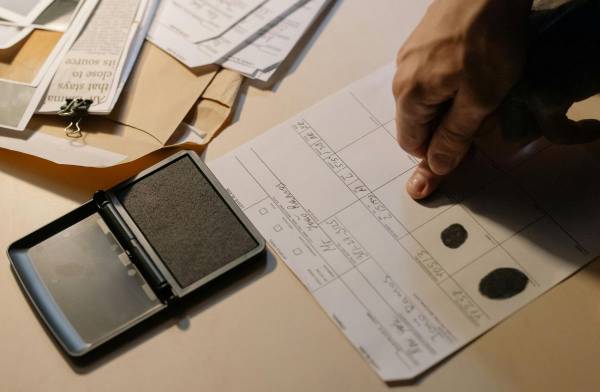What Happens After You’re Charged with a Crime in Ontario?
Being charged with a criminal offence in Ontario can be frightening and overwhelming. For many people, it’s their first time dealing with the justice system—and panic, confusion, and fear are common responses. You may not know what happens next, what your rights are, or how to protect yourself from the long-term consequences of a criminal record.










